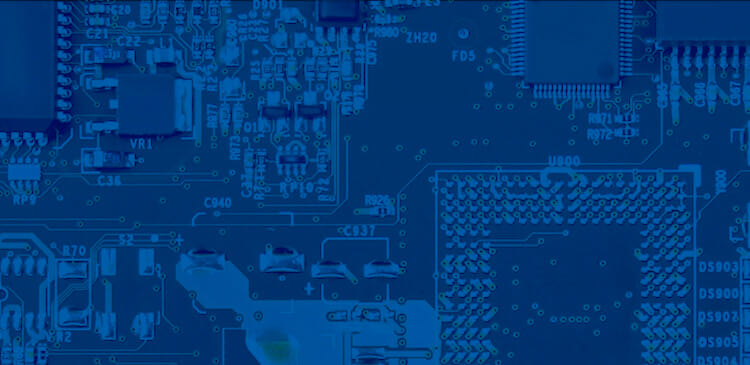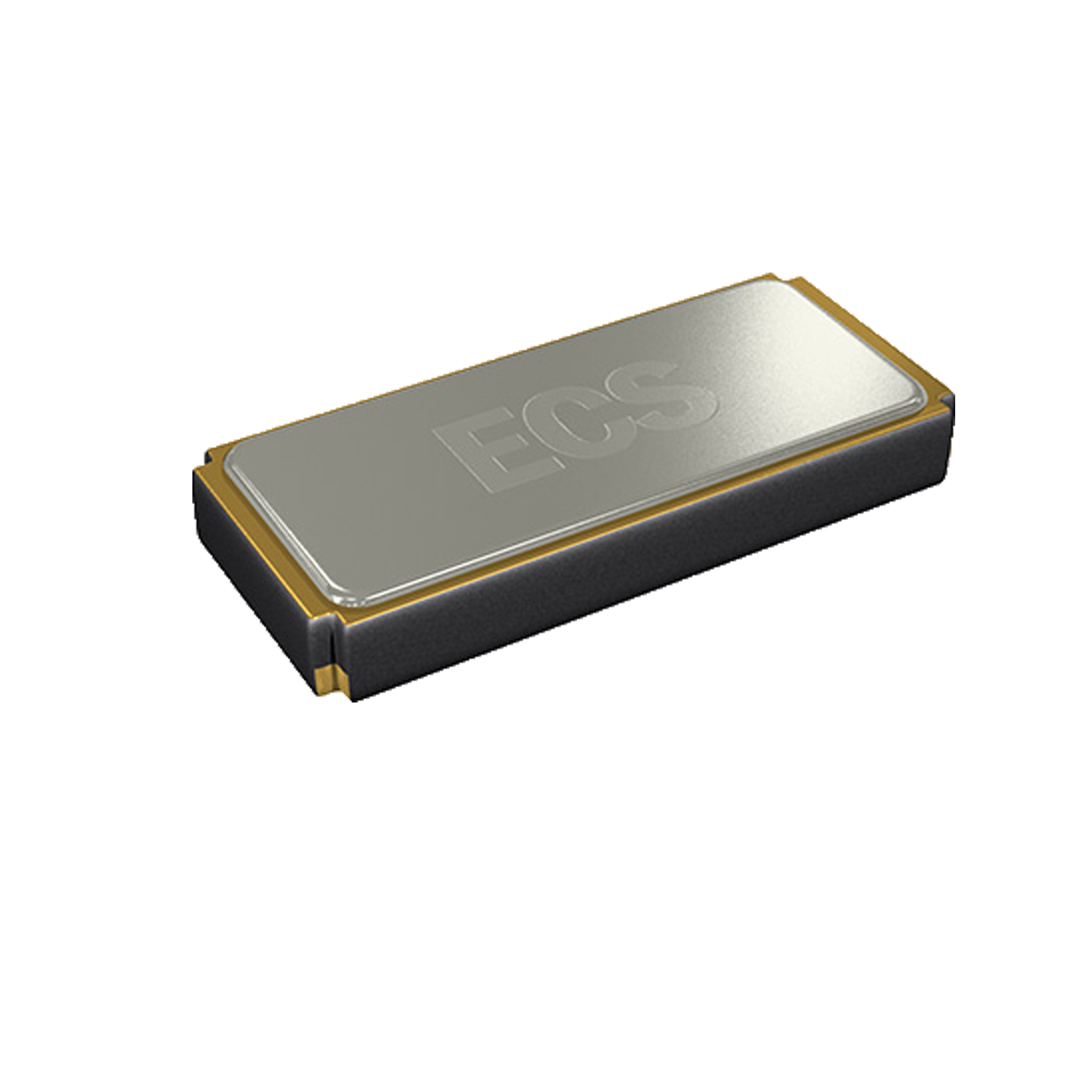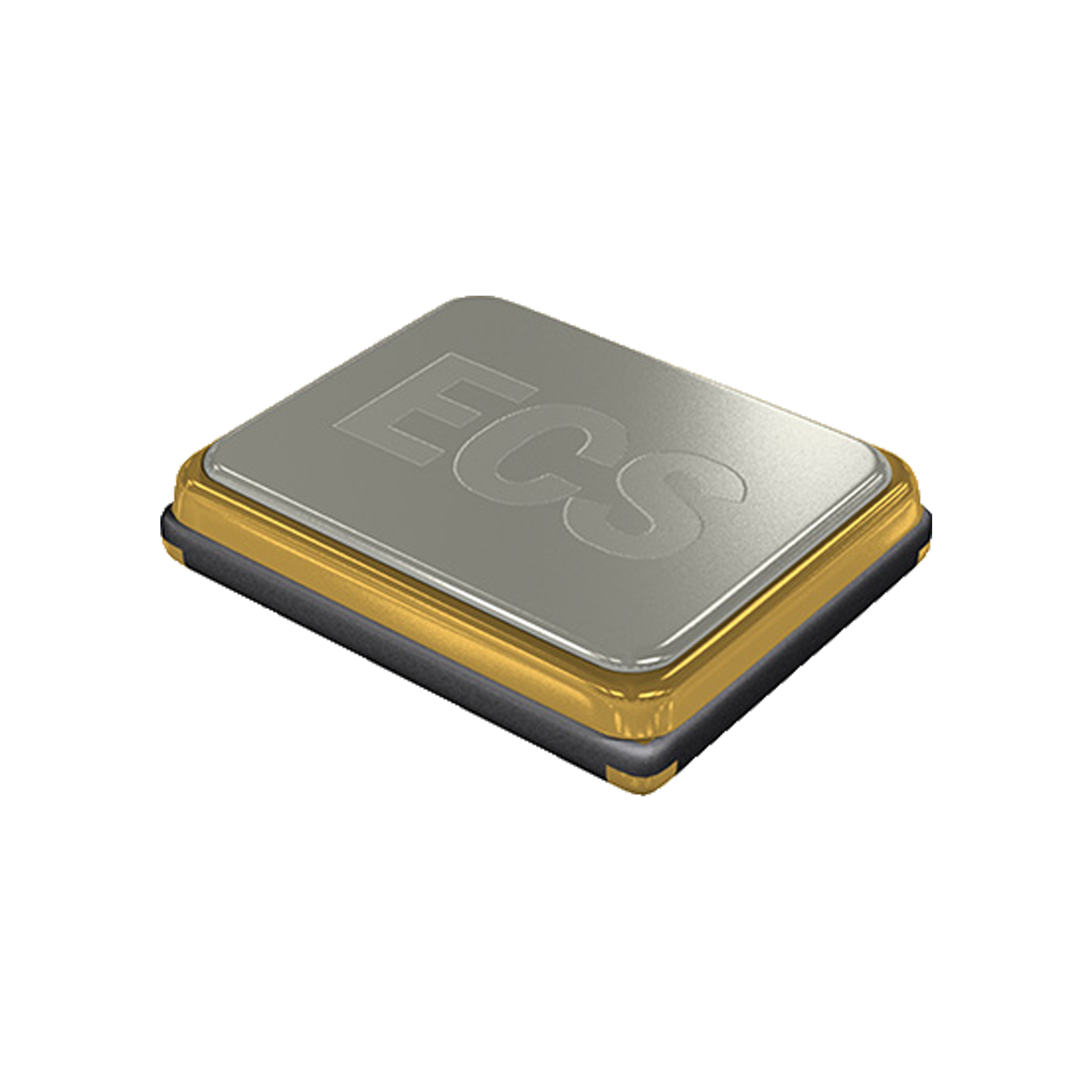

ECS Inc.’s high-temperature automotive frequency control quartz crystal products are AEC-Q200 qualified and are manufactured in IATF 16949 certified facilities. Offered in the leading surface mount circuit packaging configurations, ECS’ AEC-Q200 qualified components are available in a range of frequencies and available frequency ranges. Automotive-grade frequency control products are required for all automotive applications but also are desirable for many customers in the medical and industrial engineering markets. These electronic components meet the most stringent requirements for the harsh environments typically found in automotive applications and electronics design. For a deeper dive into these crystal products, check out the “Timing In Modern Vehicles” and “Understanding IATF 16949 and AEC-Q200 Quality Management Systems” technical guides.
| Part Number | Support Docs | Type | Package Code | Package Size | Frequency | Tolerance | Stability | Operating Temperature | ESR | Rating | |
|---|---|---|---|---|---|---|---|---|---|---|---|
 | ECX-33B2Q | Datasheet Support Docs | MHz Crystal | 3.20mm x 2.50mm | 8 MHz ~ 54 MHz | ±30ppm | ±150ppm | -55°C ~ 150°C | 100 Ω | AEC-Q200 | |
 | ECX-34Q | Datasheet Support Docs | kHz Crystal | 34Q | 3.20mm x 1.50mm | 32.768 kHz | ±20ppm | -40°C ~ 125°C | AEC-Q200 | ||
 | ECX-53Q | Datasheet Support Docs | MHz Crystal | 30Q | 5.00mm x 3.20mm | 8 MHz ~ 54 MHz | ±30ppm | ±100ppm | -40°C ~ 150°C | AEC-Q200 | |
 | ECX-53BQZ | Datasheet Support Docs | MHz Crystal | 30BQZ | 5.00mm x 3.20mm | 13 MHz ~ 26 MHz | ±15ppm | ±50ppm | -40°C ~ 125°C | AEC-Q200 | |
 | ECX-53BQ | Datasheet Support Docs | MHz Crystal | 30BQ | 5.00mm x 3.20mm | 8 MHz ~ 54 MHz | ±30ppm | ±100ppm | -40°C ~ 125°C | AEC-Q200 | |
 | ECX-33QZ | Datasheet Support Docs | MHz Crystal | 33QZ | 3.20mm x 2.50mm | 12 MHz ~ 32 MHz | ±25ppm | ±100ppm | -40°C ~ 125°C | AEC-Q200 | |
 | ECX-33Q | Datasheet Support Docs | MHz Crystal | 33Q | 3.20mm x 2.50mm | 8 MHz ~ 54 MHz | ±30ppm | ±100ppm | -55°C ~ 125°C | AEC-Q200 | |
 | ECX-2236Q | Datasheet Support Docs | MHz Crystal | 36Q | 2.50mm x 2.00mm | 12 MHz ~ 60 MHz | ±30ppm | ±50ppm | -40°C ~ 125°C | AEC-Q200 | |
 | ECX-1637QZ | Datasheet Support Docs | MHz Crystal | 37QZ | 2.00mm x 1.60mm | 20 MHz ~ 40 MHz | ±15ppm, ±25ppm | ±50ppm | -40°C ~ 125°C | AEC-Q200 | |
 | ECX-1637Q | Datasheet Support Docs | MHz Crystal | 37Q | 2.00mm x 1.60mm | 16 MHz ~ 60 MHz | ±30ppm | ±50ppm | -40°C ~ 125°C | AEC-Q200 | |
 | ECX-1637BQ | Datasheet Support Docs | MHz Crystal | 37BQ | 2.00mm x 1.60mm | 16 MHz ~ 50 MHz | ±10ppm | ±10ppm | -30°C ~ 85°C | AEC-Q200 | |
 | ECX-1247Q | Datasheet Support Docs | MHz Crystal | 47Q | 1.60mm x 1.20mm | 24 MHz ~ 60 MHz | ±30ppm | ±50ppm | -40°C ~ 125°C | AEC-Q200 | |
 | ECX-12Q | Datasheet Support Docs | kHz Crystal | 12Q | 2.00mm x 1.20mm | 32.768 kHz | ±20ppm | -40°C ~ 125°C | AEC-Q200 | ||
 | CSM-8Q | Datasheet Support Docs | MHz Crystal | 20BQ | 7.00mm x 5.00mm | 8 MHz ~ 36 MHz | ±30ppm | ±100ppm | -40°C ~ 125°C | AEC-Q200 |
For more than 50 years, the automotive industry has experienced pressures from increasing consumer demand for better safety, reliability and performance in vehicles. While a glance under the hood presents all the familiar mechanical workings of an automobile, today’s vehicles actually have over 60 electronic components to keep things running smoothly, while offering consumers the comfort and convenience they’ve come to expect. Several of these processors and components require varying degrees of timing accuracy, which results in the need for multiple different timing solutions. This is where ECS Inc.’s AEC-Q200 qualified crystals come in.
As the electronic industry began its surge in the 1990s, automotive manufacturers continued to be bumped lower on the priority list for electronic component manufacturers. This decline meant that it became more difficult for companies to manufacture components that adhered to the strict requirements necessary for the manufacturing of automobiles.
The idea of a standard was eventually proposed, and thus birthed the Automotive Electronics Council, or AEC. This council was composed of automotive tycoons of the day, along with experts in multiple passive component manufacturing companies, and ultimately crafted the standards that are still used to this day.
The purpose of the AEC-Q200 is to standardize specific levels of performance in passive electronic components used in a vehicle. This includes temperature and pressure resistance, as well as consistency and safety. The testing and qualification process a component must go through to be deemed AEC-Q200 qualified is one of the most rigorous in the industry. The AEC-Q200 qualification process includes a significant number of stringent testing procedures, including:
Get in touch with a sales representative if you need more information about AEC-Q200 crystals or have questions about a specific requirement in your application design. Contact the ECS engineering team at engineering@ecsxtal.com for assistance with products, board respins and any additional questions. Refer to the ECS Inc. online resource library for more specifications and information about products and applications.
Visit the Resource Library